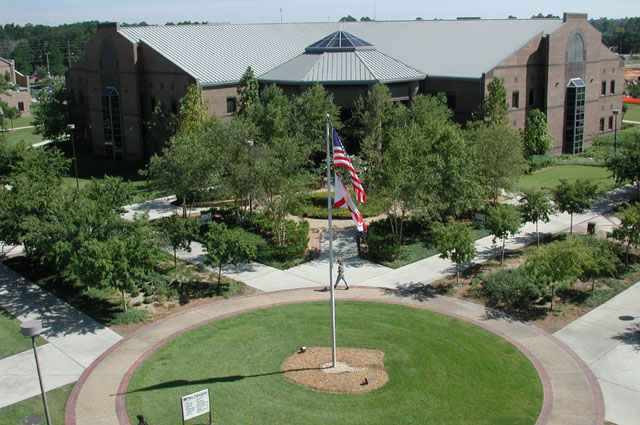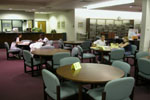African American Experience: an online database collection
 Developed with the guidance of African American librarians and subject specialists, The American Mosaic: The African American Experience (AAE) has the widest depth and breadth of information available of any online database collection on African American history and culture.
Developed with the guidance of African American librarians and subject specialists, The American Mosaic: The African American Experience (AAE) has the widest depth and breadth of information available of any online database collection on African American history and culture.[subscription login - requires TCC ID card # / pin]
The contributions of African Americans to every aspect of the United States—from the initial settlement of the Americas to the present day—are substantial. The African American experience encompasses the myriad contributions of individuals from the African American community who have achieved prominence in the arts, entertainment, the sciences, business, the military, and politics as well as nameless others that endured the travails of slavery and institutionalized discrimination. A collection that taps a tremendous variety of sources is required to cover a topic of this magnitude and the importance to understanding African American history and its relation to greater U.S. history.
Features
• Contains primary documents, including slave narratives, speeches, court cases, quotations, advertisements, statistics, and other documentation
• Provides thesis-driven, peer-reviewed scholarly essays within the exclusive Idea Exchange sections
• Provides material directly tied to associated primary source documents, images, and other classroom resources
• Includes 1,500 photographs, maps, and other images

Highlights
• Offers the widest-ranging, easiest-to-use online collection on African American history ever assembled
• Covers the experiences of African Americans from their arrival in the Americas through to the present day; material on African origins are also included
• Facilitates in-depth research for students at all levels to support classes in history, literature, political science, art, music, and other research projects
• Provides an extensive array of primary source materials, including slave narratives and other firsthand accounts, in both print and audio formats
TCC Library provides free access to the African American Experience database - login using the number at the bottom of your TCC id card, and your pin. Call 850-201-8383 for further assistance.






















